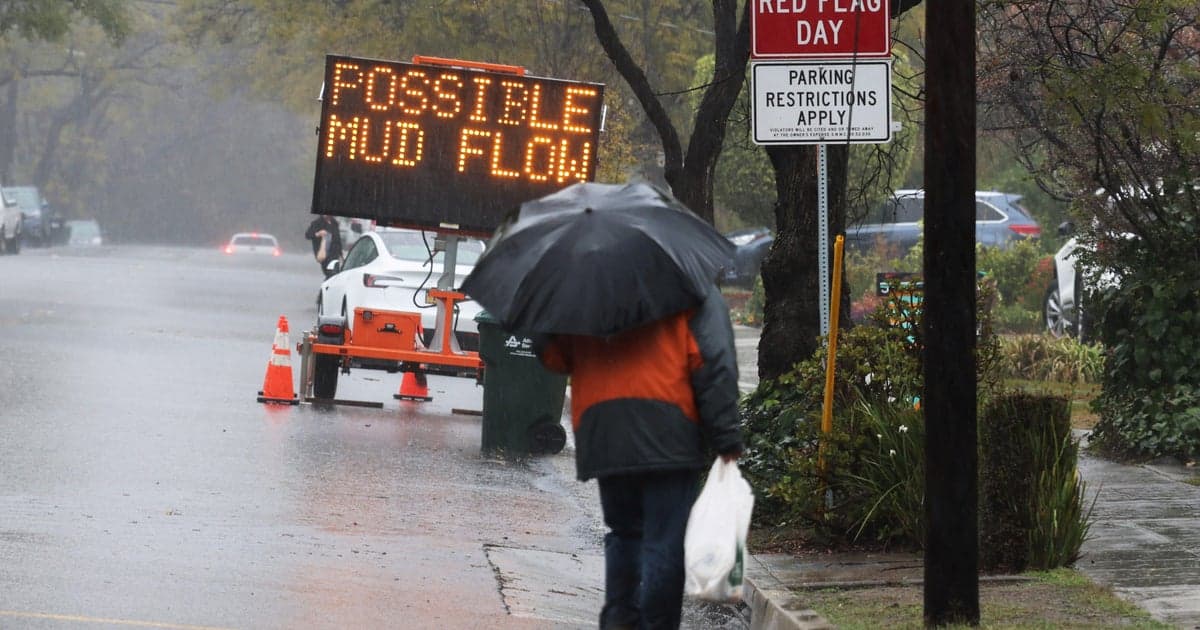Hateful Flyers Distributed, Alarm Sweeps Multiple Western Pennsylvania Communities
CBS News reported that hateful flyers were distributed across multiple communities in western Pennsylvania, prompting alarm among residents and calls for investigation. The incident raises urgent questions about law enforcement response, legal remedies, and the potential chilling effect on civic participation.
Listen to Article
Click play to generate audio

CBS News reported that residents in several western Pennsylvania communities discovered hateful flyers placed in public spaces and private properties, sparking concern among local leaders and civil society groups. The distribution, described in the coverage as spanning multiple municipalities, has prompted public scrutiny of how local authorities and institutions will respond to material designed to intimidate and stigmatize residents.
Legal classification of such incidents can determine the investigative path and potential charges. Under Pennsylvania law and relevant federal statutes, crimes motivated by bias against race, religion, national origin, sexual orientation or other protected characteristics can carry enhanced penalties. Whether prosecutors pursue hate crime enhancements depends on evidence of motive, and prosecutors must weigh that evidence against standards for criminal intent when deciding how to proceed. Federal civil rights authorities may become involved if the conduct threatens federally protected activity or crosses state lines.
Institutionally, the episode tests the responsiveness of local police departments, county prosecutors, and elected officials. Prompt, transparent investigations can help reassure targeted communities and preserve trust in public institutions. Conversely, delays or opaque handling can deepen mistrust and weaken civic bonds. Public officials at municipal and county levels bear responsibility for communicating investigative steps, providing resources for affected residents, and coordinating with state and federal partners when appropriate.
Beyond immediate law enforcement questions, the distribution of hateful materials carries broader policy implications. Targeted intimidation campaigns have the potential to depress civic participation among those who feel threatened, particularly in smaller communities where social networks are tightly woven and anonymity is limited. Election officials and community organizers should monitor for any signs that harassment is being used to influence voter registration, turnout, or participation in public meetings. Strengthening channels for reporting intimidation and ensuring secure access to polling places are preventative measures that jurisdictions can adopt.
Civil society organizations and legal advocates often play a central role in documenting incidents and assisting residents to pursue civil remedies when criminal charges are not filed. Local governments can also expand educational programs on tolerance and digital literacy to reduce the spread and impact of hateful messages. Transparency about investigative findings and the steps taken to protect vulnerable residents will be crucial in restoring confidence.
This episode also underscores the need for coordinated data collection on bias incidents. Consistent reporting standards across municipalities enable pattern analysis that can reveal whether isolated events represent a broader trend requiring strategic intervention. For policymakers, that means investing in local capacity to track and analyze incidents, and ensuring lines of communication with state civil rights offices and federal agencies.
As investigators and community leaders respond to the flyers in western Pennsylvania, the central challenge will be balancing vigorous enforcement of the law with sustained community engagement. How authorities and civic institutions act now will shape both immediate safety and the long term health of democratic participation in affected communities.


